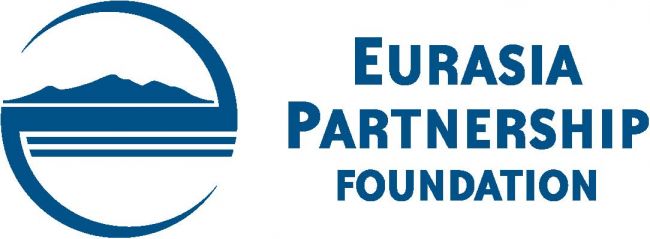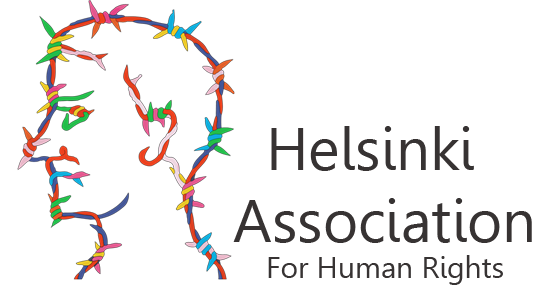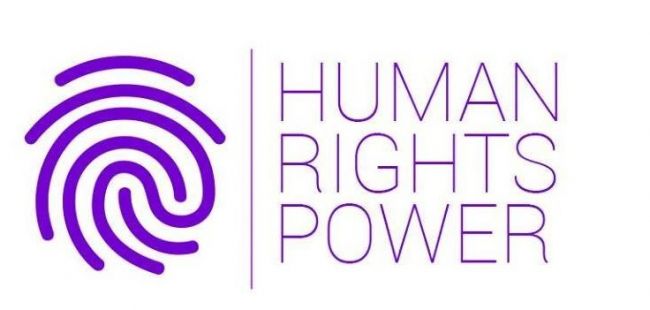Project Evaluation Expert: Terms of Reference



Background
Eurasia Partnership Foundation’s (EPF) mission is to empower people to effect change for social justice and economic prosperity through hands-on programs, helping them to improve their communities and their own lives.
EPF works on changing the structural causes of intolerance, violence and discrimination, as well as the attitudes and behavior of actors.
Thinking and conceptualizing behind each project is based on EPF’s conviction that contextual, cultural and political drivers of Human Rights violations should be addressed in the first place. Thoughtful study of a problem, close cooperation with all counterparts and beneficiaries, looking for out-of-box solutions are some of the instruments EPF applies while designing and implementing projects. Since EPF is a think and do tank, it works full circle from research to policy advice and implementation.
Project Description
Armenian justice system, after being criticized by the civil society and international community for several decades, is currently undergoing a swift reform, based on the democratic values declared by the Velvet Revolution of April 2018. “Partnership for Justice Reform” project has been implemented since September 2019 aimed at contribution to the judicial reform through strengthening capacities of civil society and mass media to oversee the course of the reforms in order to improve the efficiency of courts and establish cooperation platforms.
The Project is conducted by a Consortium comprised of well-known and experienced Armenian non-profits - Eurasia Partnership Foundation (EPF), Human Rights Power (HRP) and Helsinki Association for Human Rights (HAHR). The Goal of the project is to contribute to the judicial reform through strengthening capacities of civil society, National Assembly and law enforcement in order to improve the efficiency of courts, ensure public oversight and establish cooperation platforms. The Objectives are: (1) To strengthen the alternative dispute resolution, institutes of probation and guardianship; (2) To increase the capacities of CSOs and media to oversee the course of the reforms; (3) To boost cooperation and proper communication between state institutions and civil society.
The project will cover entire Armenia, work with policy level and the government as well as grassroots, and address the judicial reform via engaging in it all layers of the society, as well as international expertise.
The project has been launched on September 2019 and shall last for 30 months.
|
Duties and Responsibilities |
|
The project evaluation is being conducted to identify potential project implementation issues, assess progress towards the achievement of objectives, relevance and performance of the project as compared to the project document, identify and document lessons learned (including lessons that might improve design and implementation of the ongoing and other EPF projects as well), and to make recommendations regarding specific actions that might be taken for future projects. The project evaluation is expected to serve as a means of validating or filling the gaps in the initial assessment of relevance, effectiveness and efficiency obtained from monitoring. The project evaluation provides the opportunity to assess project’s success or failure and prompt necessary adjustments.
Main objectives of the project evaluation are:
The evaluation should include a combination of different information collection methods, including: 1) desk research, analysing the project’s reports, publications, media coverage, on-line references, etc.; 2) in-depth interviews with the facilitators of the project, consortium members, sub-grant/sub-contract recipients, donors, beneficiaries and stakeholders of the project. Possibly, and based on the need, other research tools can be used, such as focus groups. The following evaluation products are expected to be produced:
Required Skills and Experience:
Education:
Technical and Functional Experience:
Languages:
|
Application Procedure:
Please send your CV and Cover Letter to Anahit Khachatryan, [email protected] by 15 April 2020.
